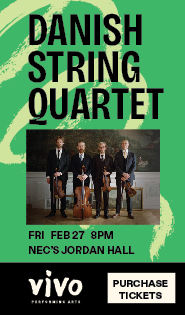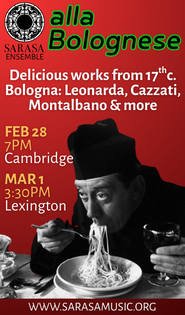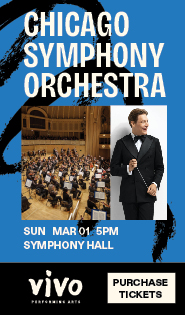Zander kicks off his 50th season with rich and revelatory Rachmaninoff
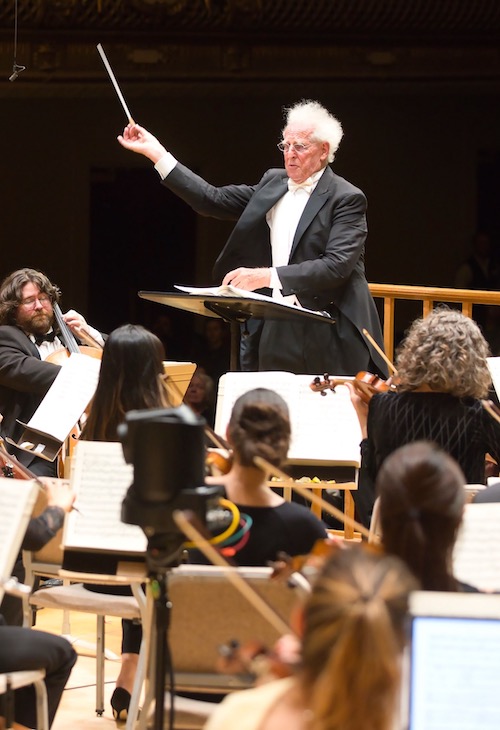
Benjamin Zander conducted the Boston Philharmonic in Rachmanioff’s Symphony No. 2 Wednesday night at Symphony Hall. Photo: Hilary Scott
“It’s too much,” a fellow conductor recently said to Benjamin Zander about Rachmaninoff’s Symphony No. 2.
Wednesday night at Symphony Hall, Zander showed that there is no such thing as too much Rachmaninoff, as the Boston Philharmonic’s conductor led a vivid performance of the Second Symphony to ring in his 50th anniversary as a conductor.
Rachmaninoff composed the work after a prolonged depression caused by the disastrous premiere of his First Symphony. The success of his Piano Concerto No. 2 assuaged some of his self-doubt, but the composer never felt at ease in the symphonic medium. The Second Symphony, though, proved a triumph, which made a compelling case for his late romantic aesthetic in 1908.
The original version of Rachmaninoff’s Op. 27 has long been a specialty for Zander, who last led the work in 2014. But his grasp of the symphony has only matured since then, with Wednesday’s performance offering both depth and ebullience
An hour in length without cuts, the score can pose a significant challenge. While he adhered to the composer’s original slow tempo in the opening movement, he avoided getting bogged down in the musical thickets. His reading lingered in all the right moments while anticipating what was coming around the corner.
Zander always found an extra degree of vitality. His generous rubato made every moment come alive, and the orchestra’s sumptuous sound shed light on the music. The conductor consistently conveyed the score’s textural and melodic sweep, working wonders in its episodic sense of tension and release.
The Scherzo ranged from fiery intensity to sly humor and back again. Strings took on a power and gravity in the principal theme, with woodwinds offering airy complement. The fugal trio, taken at an even quicker pace, provided a sardonic contrast.
The Adagio was imbued with a richly spun lyrical splendor. Zander allowed for the music to unfold naturally while taking time to revel in each passing phrase. Strings and winds realized the main theme’s grand sweep, which clarinetist Rane Moore brought to sweet-toned resolution.
Zander painted the finale in bold colors. The brass matched the strings’ fervor, with the winds bringing an urgency that carried into the closing measures. This was a revelatory Rachmaninoff Second, led by Zander with customary elan.
Beethoven’s Piano Concerto No. 4, which showcased Jonathan Biss in his BPO debut, provided a graceful foil to the Rachmaninoff performance. His approach made for Beethoven that leaned toward classical delicacy more than romantic heroism.
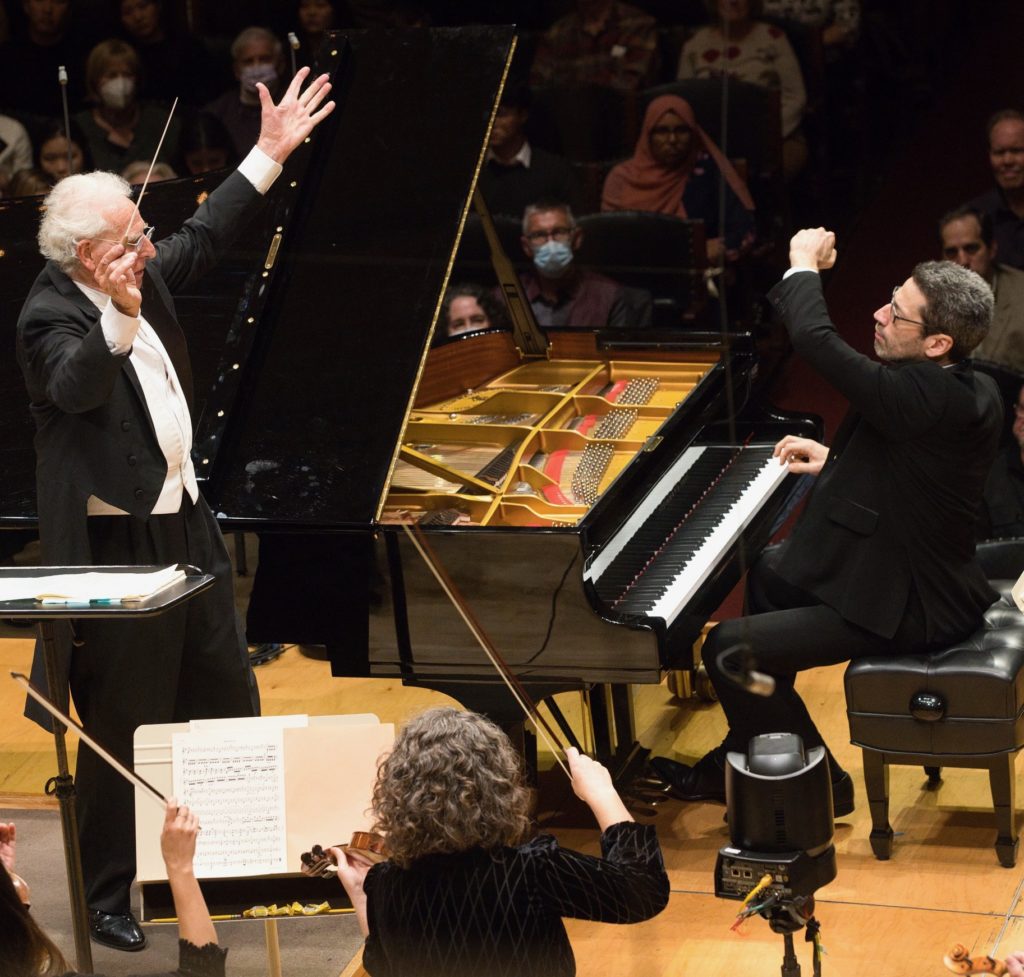
Jonathan Biss performed Beethoven’s Piano Concerto No. 4 with Benjamin Zander and the Boston Philharmonic Wednesday night. Photo: Hilary Scott
Yet Biss’s playing was elegant without sacrificing emotional intensity. The pianist unfolded the soft opening with a soulful quality that melded into the string statements that followed. He tossed off the arpeggios and runs of the opening movement with panache while keeping the dialogue between winds and strings in fine balance.
Biss found a fitting reflection and humor in the latter movements. His weightier tone realized the Adagio’s fullness and gravity and his nimble passagework made the finale sparkle.
Zander wove a lively accompaniment in support. Though the concerto, this performance felt like chamber music writ large with winds and strings providing a framework for Biss to revel in Beethoven’s limpid humor.
Biss’s encore of the composer’s Bagatelle Op. 126, no. 1 conveyed similar charm and finesse.
Benjamin Zander will lead the Boston Philharmonic in Brahms’s Symphony No. 2 and Dvořák’s Cello Concerto, featuring soloist Hayoung Choi 8 p.m. November 12 at Symphony Hall. bostonphil.org
Posted in Performances
